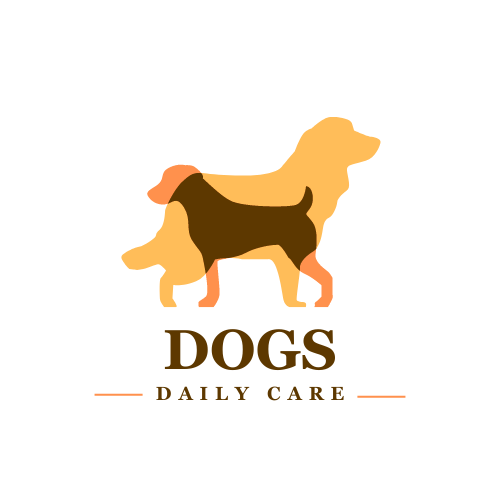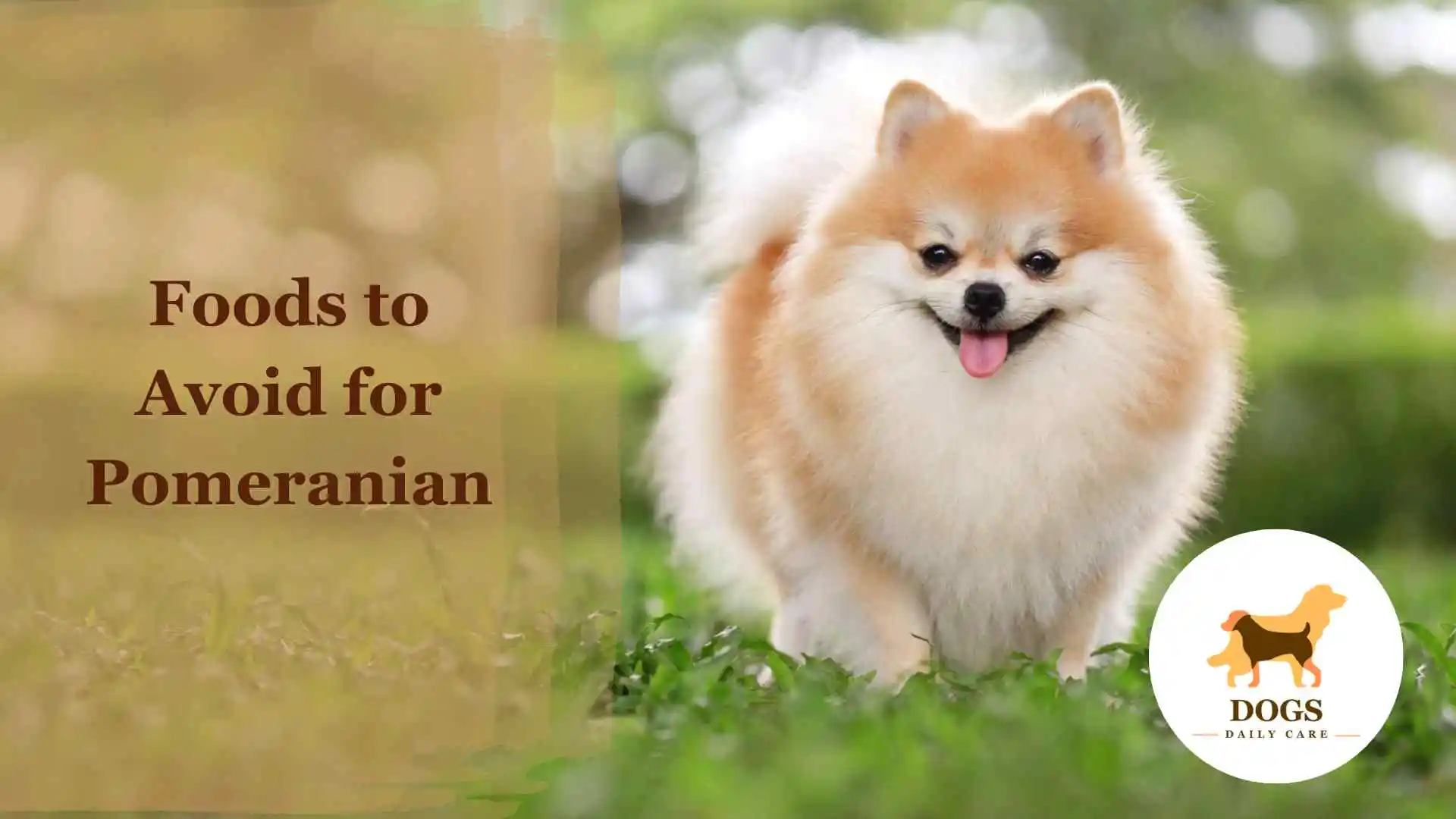Top 18 Foods to Avoid for Pomeranian – A Complete List
If you’re a Pomeranian parent, you know how important it is to keep your furry friend happy and healthy. But did you know that a well-balanced diet is as crucial for your Pomeranian as regular exercise and vet check-ups? This blog post aims to be your comprehensive guide to understanding the foods that should be strictly off-limits for your Pomeranian to ensure their long-term health and well-being.
Navigating the vast world of dog foods and treats can be overwhelming, especially with so many options on the market. Plus, those pleading eyes can make it tempting to share a bite of your own food. However, some human foods can be toxic or harmful to Pomeranians. That’s why we’ve compiled a list of foods to avoid, along with tips on how to spot potentially unsafe ingredients in commercial dog food.
Whether you’re a new Pomeranian owner or a seasoned pro looking to double-check your dog’s diet, this post is for you. We’ll delve into the specifics of which foods can cause harm, and what to do if your Pomeranian ingests something they shouldn’t. So read on to make sure you’re providing the best diet possible for your lovable Pom!
Why Is Diet So Important for Pomeranians?
You wouldn’t feed a racehorse the same diet as a pony, right? In the same way, your Pomeranian has unique dietary needs that set them apart from other breeds. These adorable little furballs are energetic, playful, and require a nutrient-rich diet to support their high metabolism. Pomeranians are prone to certain health issues, like obesity and dental problems, making a well-balanced diet crucial for preventing long-term complications.
But it’s not just about keeping your Pom’s tail wagging today; diet plays a pivotal role in your Pomeranian’s long-term health and well-being. Feeding your Pomeranian the wrong foods can lead to issues like food allergies, digestive problems, and even more severe conditions like pancreatitis or kidney failure. The food choices you make for your pet today have a ripple effect on their overall health and quality of life in the years to come.
Choosing the right diet isn’t just about avoiding harmful foods; it’s also about nourishing your Pom with what’s beneficial. Vitamins, minerals, and quality proteins are key components that should be a part of your Pomeranian’s diet. Not only do these nutrients help in keeping their coat fluffy and skin healthy, but they also support vital functions like vision, muscle development, and immune response. That’s why it’s vital to be well-informed about what goes into your Pomeranian’s food bowl, ensuring they get the right balance of nutrients and steer clear of anything that’s harmful.
Common Human Foods that Are Toxic to Pomeranians
1. Chocolate
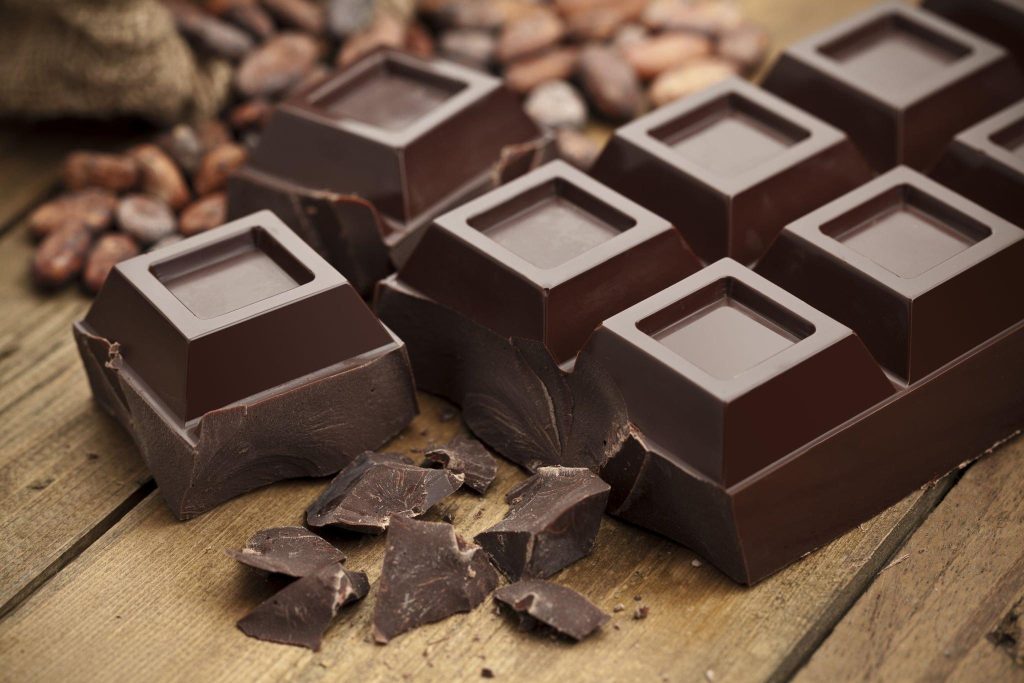
You’ve probably heard that chocolate is a no-go for dogs, and Pomeranians are no exception. Chocolate contains substances called theobromine and caffeine, which are toxic to canines. Even a small amount can cause symptoms like vomiting, diarrhea, rapid breathing, and seizures. Dark chocolate is especially dangerous, so make sure to keep all forms of this sweet treat out of your Pom’s reach.
2. Grapes and Raisins
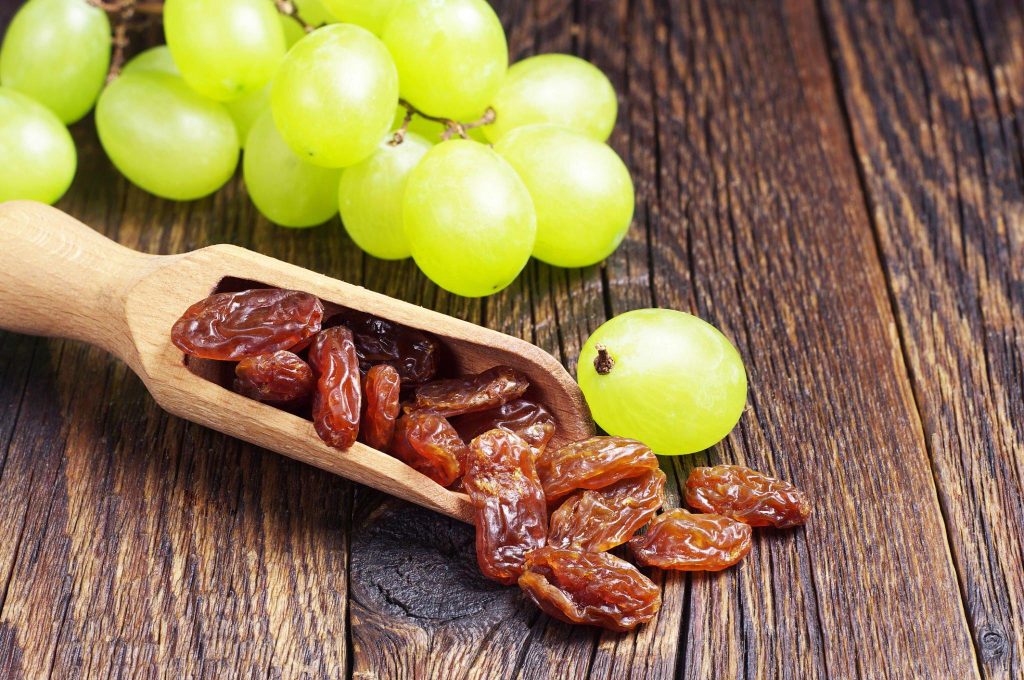
While grapes and raisins may seem like harmless snacks, they can lead to serious issues for your Pomeranian, such as kidney failure. Even a single grape can cause problems, and the exact toxic dose varies from dog to dog. Symptoms to look out for include lethargy, vomiting, and loss of appetite.
3. Onions and Garlic
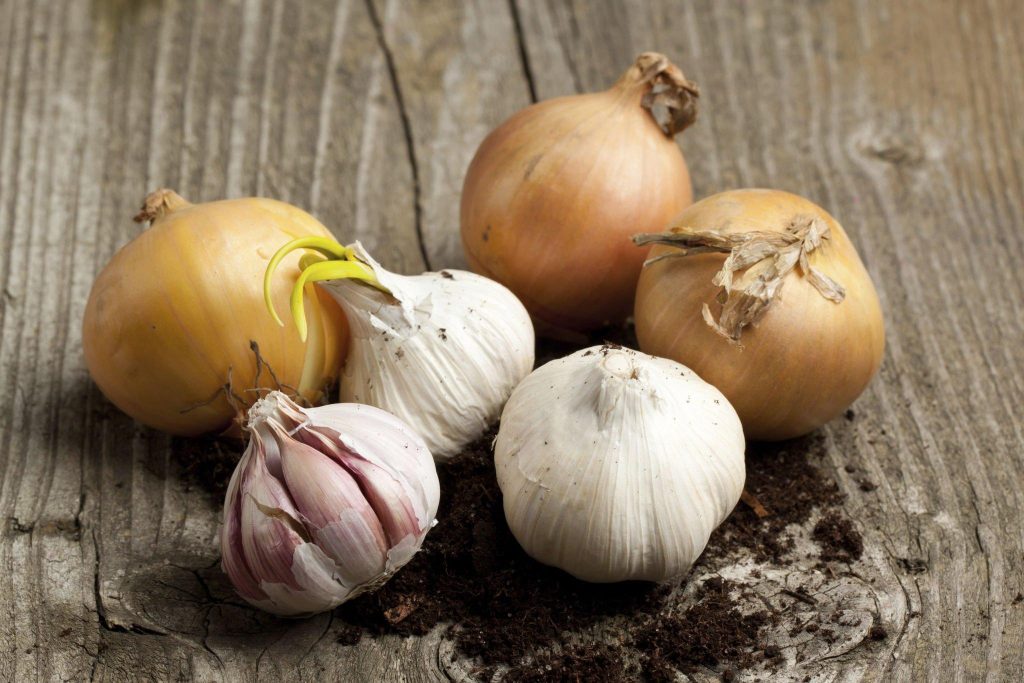
Onions and garlic contain compounds that can be harmful to dogs, particularly affecting their red blood cells. While a small, occasional dose might not cause immediate harm, regular consumption or large amounts can lead to anemia, which is particularly worrisome for a small breed like the Pomeranian.
4. Alcohol
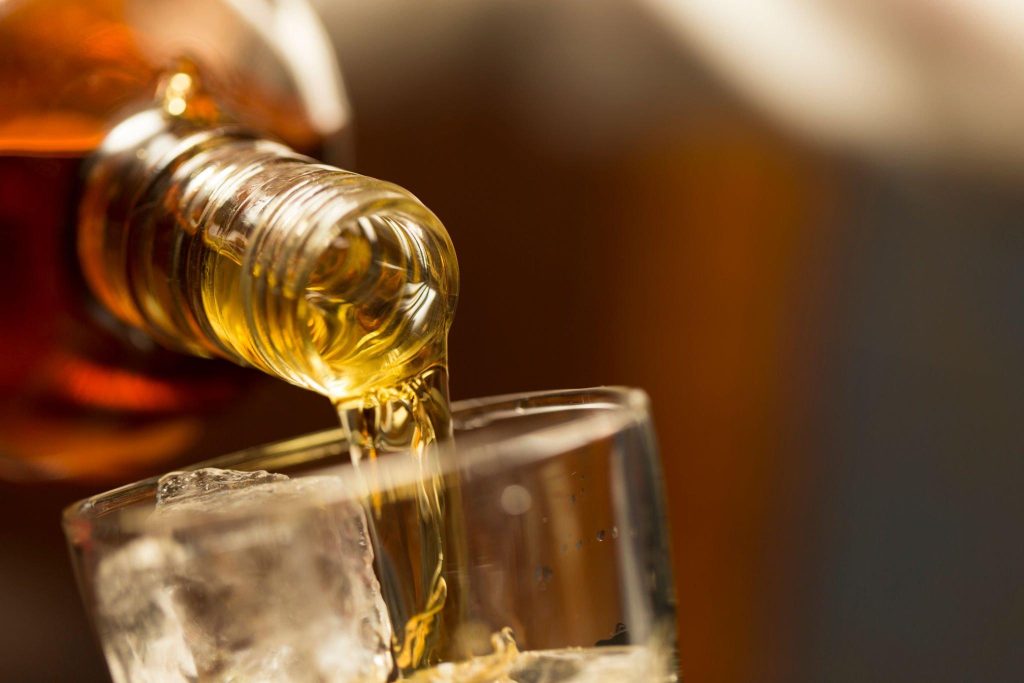
Alcohol is clearly not for dogs, but it’s worth reminding Pomeranian owners to be extra cautious. Even a small amount of alcohol can lead to intoxication, resulting in vomiting, loss of coordination, and, in severe cases, coma or death. Always keep alcoholic beverages and foods containing alcohol away from your pet.
5. Caffeine
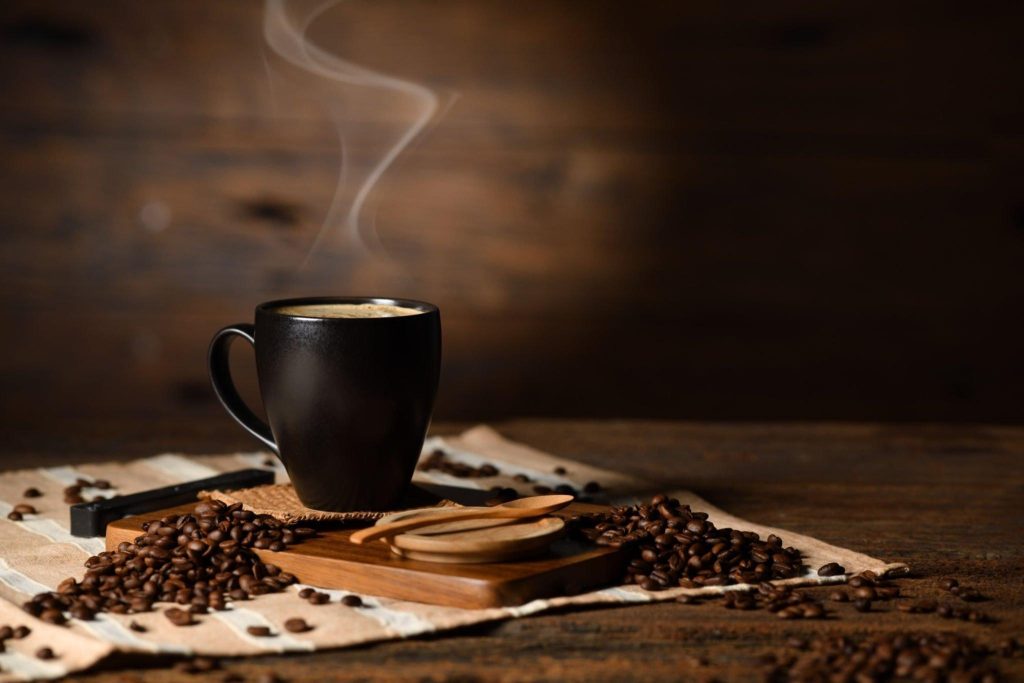
Your morning coffee or tea should never be shared with your Pomeranian. Caffeine contains substances that can lead to rapid breathing, heart palpitations, and muscle tremors in dogs. Be cautious with other sources of caffeine too, like energy drinks and certain medications.
Foods That Can Cause Allergies or Digestive Issues
Food allergies and digestive problems are more common in Pomeranians than you might think, and they often stem from seemingly innocent foods. Understanding which foods are common culprits can help you avoid unnecessary vet visits and keep your Pom’s tail wagging. Let’s dive into some of these problematic foods.
6. Dairy
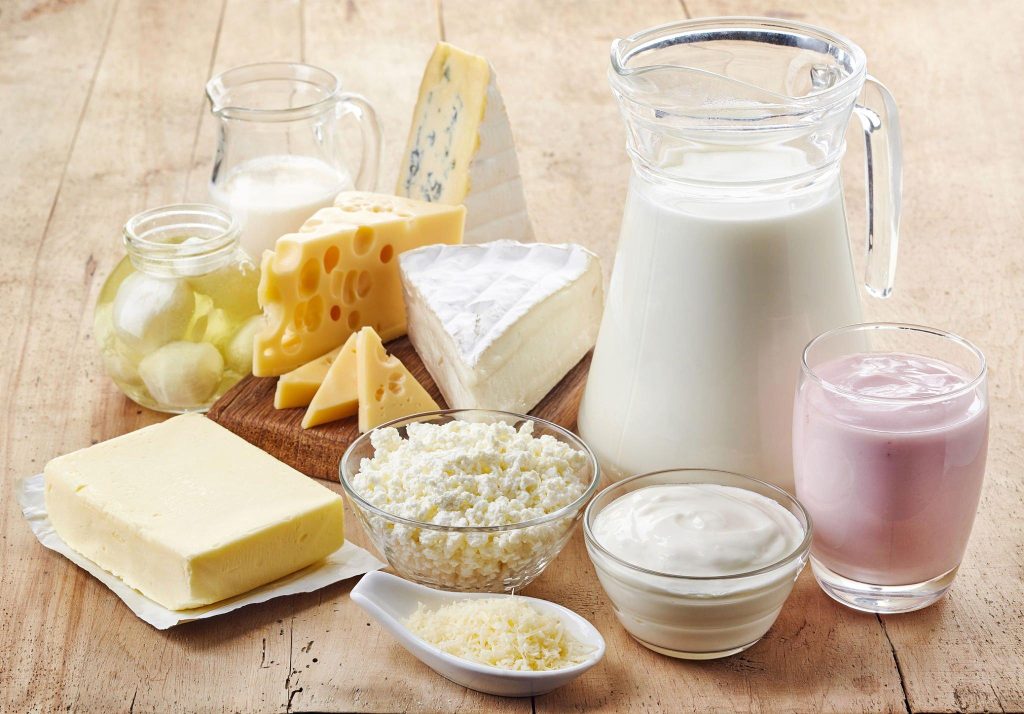
Milk, cheese, and other dairy products may be tasty treats for humans, but they can be difficult for Pomeranians to digest. Many dogs, including Pomeranians, lack sufficient lactase, the enzyme needed to properly digest lactose found in dairy. This can lead to gastrointestinal distress, including diarrhea and vomiting.
7. Wheat/Gluten
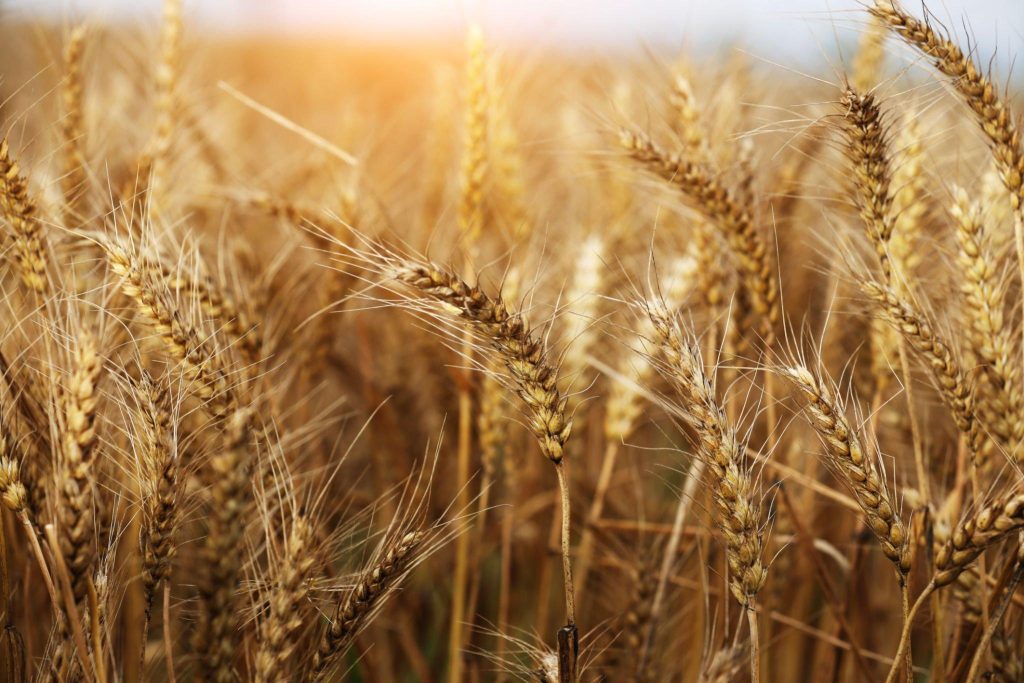
While wheat and gluten are not toxic to Pomeranians, some dogs can have an intolerance or even an allergy to them. Signs may include skin irritations, itchiness, and digestive problems. If you suspect your Pom has a gluten intolerance, consider gluten-free dog food options or consult your veterinarian for a tailored diet plan.
8. Corn
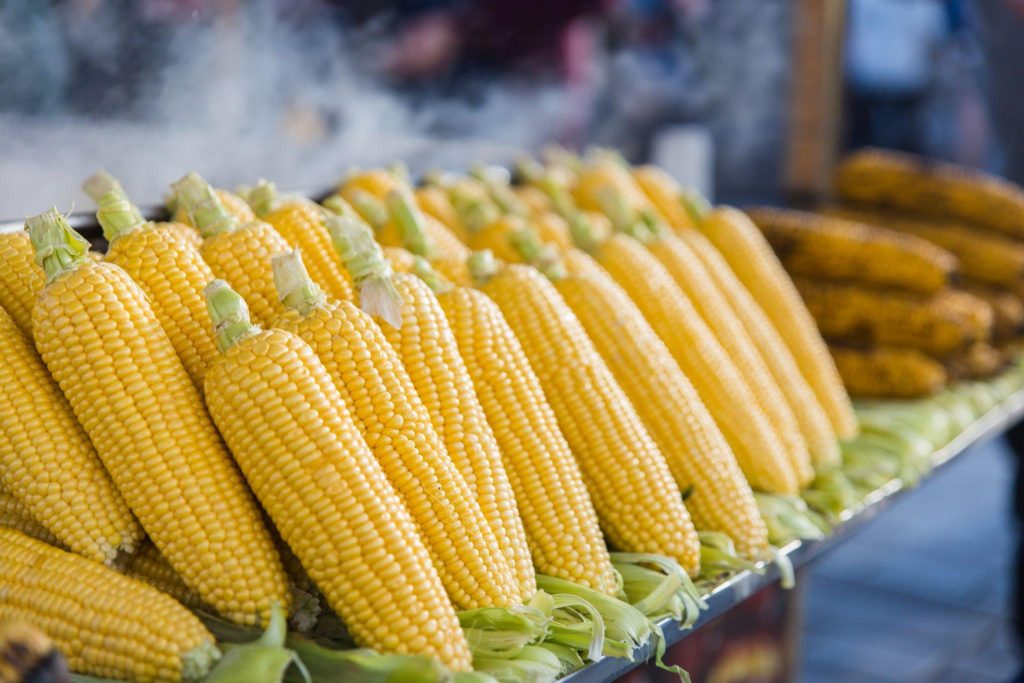
Corn is often used as a filler in many commercial dog foods, but it’s not easily digestible for all Pomeranians. It can also be a common allergen, causing symptoms like skin rashes, itchiness, and upset stomach. Always check food labels and opt for corn-free alternatives if you notice any of these symptoms in your dog.
9. Soy
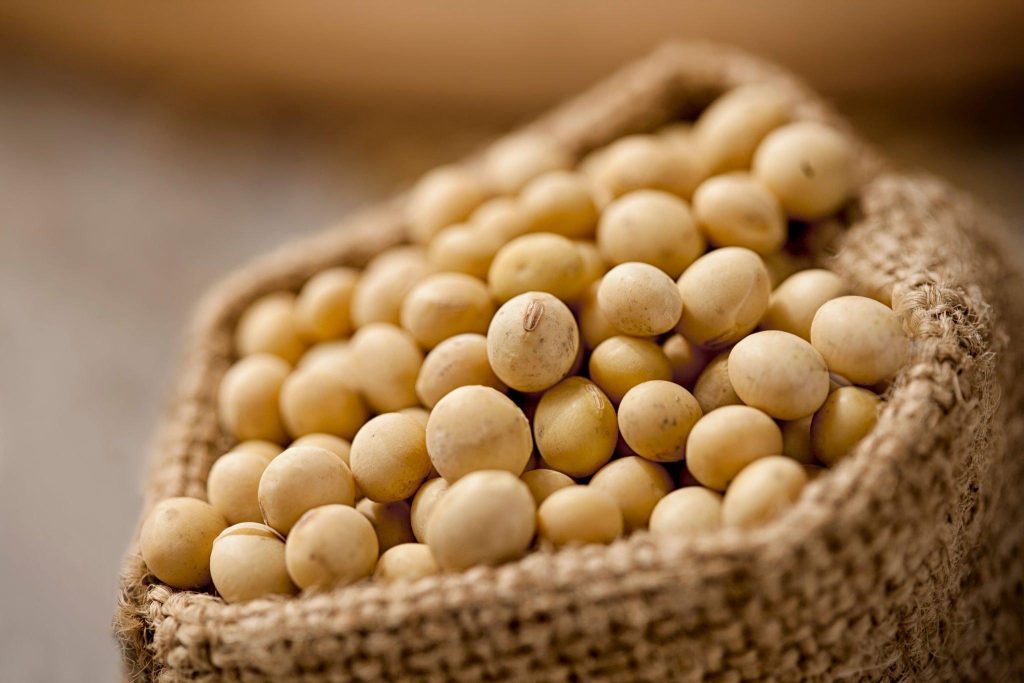
Soy is another common allergen among dogs, including Pomeranians. Symptoms are similar to those of corn allergies, such as skin issues and digestive disturbances. Due to its prevalence in dog food and treats, always read labels carefully and consider soy-free options.
10. Eggs
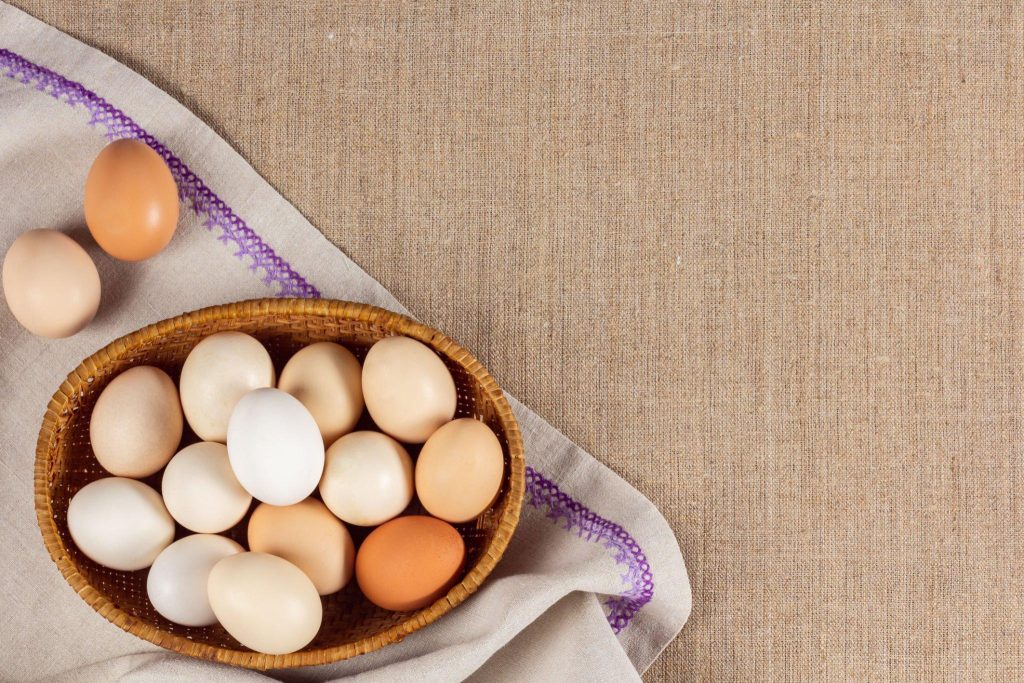
While eggs are generally a good source of protein, some Pomeranians may be allergic to them. Symptoms of an egg allergy can range from skin irritations to more severe gastrointestinal issues. If you suspect an egg allergy, consult your veterinarian for an allergy test and alternative protein sources.
Being aware of potential allergens and digestive triggers can make a world of difference in your Pomeranian’s quality of life. Always monitor your dog after introducing new foods and consult your vet if you notice any adverse reactions. Your Pomeranian’s well-being starts with what’s in their food bowl—make it count!
Harmful Ingredients in Commercial Dog Foods
So, you’ve got your list of human foods to avoid, but what about commercial dog foods? Shockingly, some brands can contain ingredients that are not only low in nutritional value but can also be harmful to your Pomeranian. When it comes to ensuring the health and well-being of your fluffy companion, being a vigilant label-reader can make all the difference. Let’s uncover some ingredients to steer clear of.
11. Artificial Preservatives (BHA, BHT)
Many commercial dog foods use artificial preservatives like Butylated Hydroxyanisole (BHA) and Butylated Hydroxytoluene (BHT) to extend shelf life. While they’re effective as preservatives, studies have shown that they can be harmful to dogs, possibly even carcinogenic. Look for foods preserved with natural alternatives like vitamin E or C.
12. Food Dyes
Brightly colored kibble might look appealing, but artificial food dyes offer zero nutritional value and can even cause allergies and other health problems in Pomeranians. Food dyes like Yellow 5 and Red 40 are particularly notorious. Always opt for naturally colored foods.
13. High Salt and Sugar Content
Excessive salt and sugar are as bad for dogs as they are for humans. High salt content can lead to dehydration and increased blood pressure, while excessive sugar can contribute to obesity and dental problems. Always check for the sodium and sugar content in the nutrition facts.
14. Fillers
Cornmeal, soy, and wheat gluten are often used as fillers in dog food to cut production costs. While not necessarily toxic, these fillers offer little to no nutritional value and can lead to obesity and digestive issues. Look for foods that list a high-quality source of protein, like chicken or beef, as the first ingredient.
“Natural” Foods You Might Think Are Safe but Aren’t
When it comes to feeding your Pomeranian, opting for “natural” foods might seem like a safer choice. However, it’s important to note that not all foods considered safe for human consumption are safe for your furry friend. In fact, some can be downright dangerous for Pomeranians. Let’s debunk some myths about natural foods that you might think are safe but could actually harm your pet.
15. Nuts, Especially Macadamia Nuts
Nuts like almonds, walnuts, and particularly macadamia nuts can be toxic to dogs. Macadamia nuts, for instance, can cause vomiting, increased body temperature, and even temporary paralysis in Pomeranians. As a rule of thumb, it’s best to keep your Pom away from all types of nuts, not just macadamia.
16. Rawhide Bones
You might think rawhide bones are a good natural option for chewing, but they can pose several risks. They can be a choking hazard, and once ingested, they don’t digest easily, potentially leading to blockages in your Pom’s digestive system. Opt for vet-recommended chew toys instead.
17. Cooked Bones
While it may be tempting to give your Pomeranian the leftover bones from your meal, cooked bones can easily splinter and cause internal injuries, including punctures in the digestive tract. Always opt for bones that are specifically designed and treated for canine consumption.
18. Avocado
Avocado is often touted as a superfood for humans, but it contains a substance called persin, which can be harmful to dogs. While not usually life-threatening, consumption can cause vomiting, diarrhea, and other gastrointestinal issues in Pomeranians.
Being a responsible Pomeranian parent means knowing which “natural” foods and treats to avoid. It’s always best to consult with your veterinarian before introducing any new foods into your dog’s diet, natural or otherwise. Don’t let the word “natural” lull you into a false sense of safety—always do your due diligence to keep your Pom healthy and happy!
How to Identify Unsafe Foods
As a loving Pomeranian owner, you’re naturally concerned about providing the best and safest food options for your four-legged friend. But with so many products and foods marketed as “healthy” or “all-natural,” how do you navigate this labyrinth to identify what’s truly safe? Here are some key tips to help you become an expert in spotting unsafe foods for your Pomeranian.
Read Labels Carefully
When it comes to commercial dog food, the first thing you should do is flip that bag or can around and scrutinize the ingredients list. Look for high-quality proteins listed as the first ingredient, and avoid products with artificial preservatives, food dyes, or high levels of salt and sugar.
Do Your Research
The internet is a treasure trove of information, but make sure to rely on reputable sources like veterinary articles, accredited pet nutrition sites, and peer-reviewed studies. A well-informed owner is the first line of defense against harmful foods. Bookmark reliable websites and refer back to them whenever you’re in doubt.
Watch for Immediate Reactions
If you’re introducing a new food or treat to your Pomeranian, always do so gradually and keep a close eye on them for any adverse reactions. Symptoms like vomiting, diarrhea, excessive itching, or changes in behavior can be a red flag that the food is not suitable for your Pom.
Consult Your Vet
When in doubt, consult your veterinarian. Your vet knows your Pomeranian’s medical history and can provide personalized advice on what foods are safe and what to avoid. Regular check-ups also allow for routine blood work and other tests that can help you identify food allergies or intolerances early on.
By learning to identify unsafe foods, you’re taking a proactive approach to safeguard your Pomeranian’s health. Remember, your Pom relies on you to make the best choices for them, so invest the time to become well-informed. A happy, healthy Pomeranian starts with the right diet, and that begins with you!
What to Do if Your Pomeranian Eats Something Harmful?
Despite your best efforts to keep your Pomeranian safe and healthy, accidents can happen. Whether it’s a dropped chocolate chip or a stealthy raid on the garbage can, your Pom might ingest something harmful. When these situations arise, prompt action is crucial. Here’s what you should do if you suspect your Pomeranian has eaten something they shouldn’t have.
Don’t Panic, But Act Quickly
It’s natural to feel a surge of worry, but panicking won’t help either you or your Pomeranian. Quick and composed action is essential. Identify what your dog has consumed, and if possible, estimate the amount. This information will be crucial for your veterinarian.
Call Your Veterinarian or Pet Poison Helpline
The moment you suspect your Pomeranian has ingested something harmful, reach out to your local vet or a pet poison helpline immediately. Some substances may require immediate medical intervention, and your vet can guide you on the best course of action based on what your pet has ingested.
Monitor for Symptoms
While you’re waiting for veterinary advice or on your way to the clinic, closely monitor your Pomeranian for symptoms such as vomiting, diarrhea, excessive drooling, or lethargy. Any sudden changes in behavior should be noted and communicated to the vet for a more accurate diagnosis and treatment.
In the unfortunate event that your Pomeranian ingests something harmful, having a well-laid plan can be the difference between a minor scare and a serious medical issue. Always keep emergency vet contact details handy, and make sure all family members are educated on what to do in such emergencies. Your quick action can save your furry friend’s life, so be prepared, vigilant, and well-informed.
FAQs: Your Burning Questions Answered
We understand that you might still have some questions about what foods to avoid for your Pomeranian, so we’ve compiled a list of Frequently Asked Questions to provide you with some quick, actionable answers.
1. Can Pomeranians Eat Grapes?
No, grapes are highly toxic to all dogs, including Pomeranians. Even a small amount can lead to severe kidney damage or even death. If your Pomeranian has eaten grapes, seek immediate veterinary assistance.
2. Is Chocolate Really That Dangerous?
Yes, chocolate is toxic to dogs, including Pomeranians. Dark chocolate is more toxic than milk chocolate, but both should be avoided. Symptoms of chocolate poisoning include vomiting, diarrhea, and increased heart rate. If you suspect chocolate ingestion, contact your vet immediately.
3. What About Peanut Butter?
Peanut butter can be a good treat in moderation, but make sure it doesn’t contain xylitol, an artificial sweetener that’s extremely toxic to dogs. Always read the label before offering peanut butter to your Pom.
4. Can I Give My Pomeranian Cooked Meat?
Cooked meat is generally safe for Pomeranians as long as it’s unseasoned and cooked well. However, avoid giving them cooked bones as they can splinter and cause internal injuries.
5. Are Raw Foods Safe for My Pomeranian?
The topic of feeding raw foods to dogs is highly debated. While some pet owners swear by it, raw foods can contain harmful bacteria like Salmonella. Consult your veterinarian for personalized advice before making the switch to a raw food diet.
6. Is Garlic Safe for My Pomeranian?
Garlic is part of the Allium family, which also includes onions, and it’s toxic to dogs. While it’s less toxic than onions, it’s best to avoid feeding your Pomeranian any amount of garlic.
Conclusion: Every Bite Counts for Your Pomeranian’s Health
As a dedicated Pomeranian parent, you understand that what your furry friend eats today will impact their well-being for years to come. In a world where not all foods are created equal—especially for our canine companions—it pays to be vigilant. From toxic human foods to questionable ingredients in commercial dog food, we’ve covered a lot of ground in this comprehensive guide. And while the information may seem overwhelming at times, the key takeaway is simple: Knowing what to avoid is the first step to ensuring a long, healthy life for your Pom.
With this newfound knowledge, you’re now equipped to navigate the aisles of pet stores and supermarkets more confidently. You’ll know what to look for in food labels and can make informed decisions about treats and snacks. And in the unfortunate event that your Pomeranian ingests something harmful, you now know the crucial steps to take immediately. Also, if you or any of your friends have a German Shepherd or a Shih Tzu, do take a look at our guides below!
So here’s to happy, healthy eating for your Pomeranian! Remember, the best diet for your Pom is one that’s as unique as they are. Consult your vet regularly, keep up-to-date with the latest pet nutrition research, and always opt for the highest quality foods you can afford.
